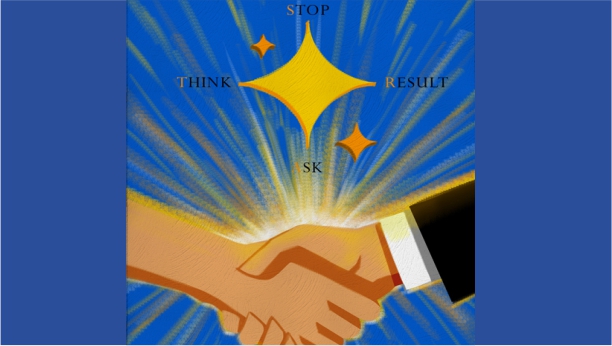
With the global realisation and attitude that ‘life is short’, people are putting themselves first more than they were before. How an employee’s values are met within their workplace can be make or break for an organisation. People are now voting with their feet, with staff more likely to jump ship and find new roles that align better with what matters most to them, rather than stick with the traditional stability of an unsatisfying and unrewarding job.
Log In or become an AIMA member to read more articles
